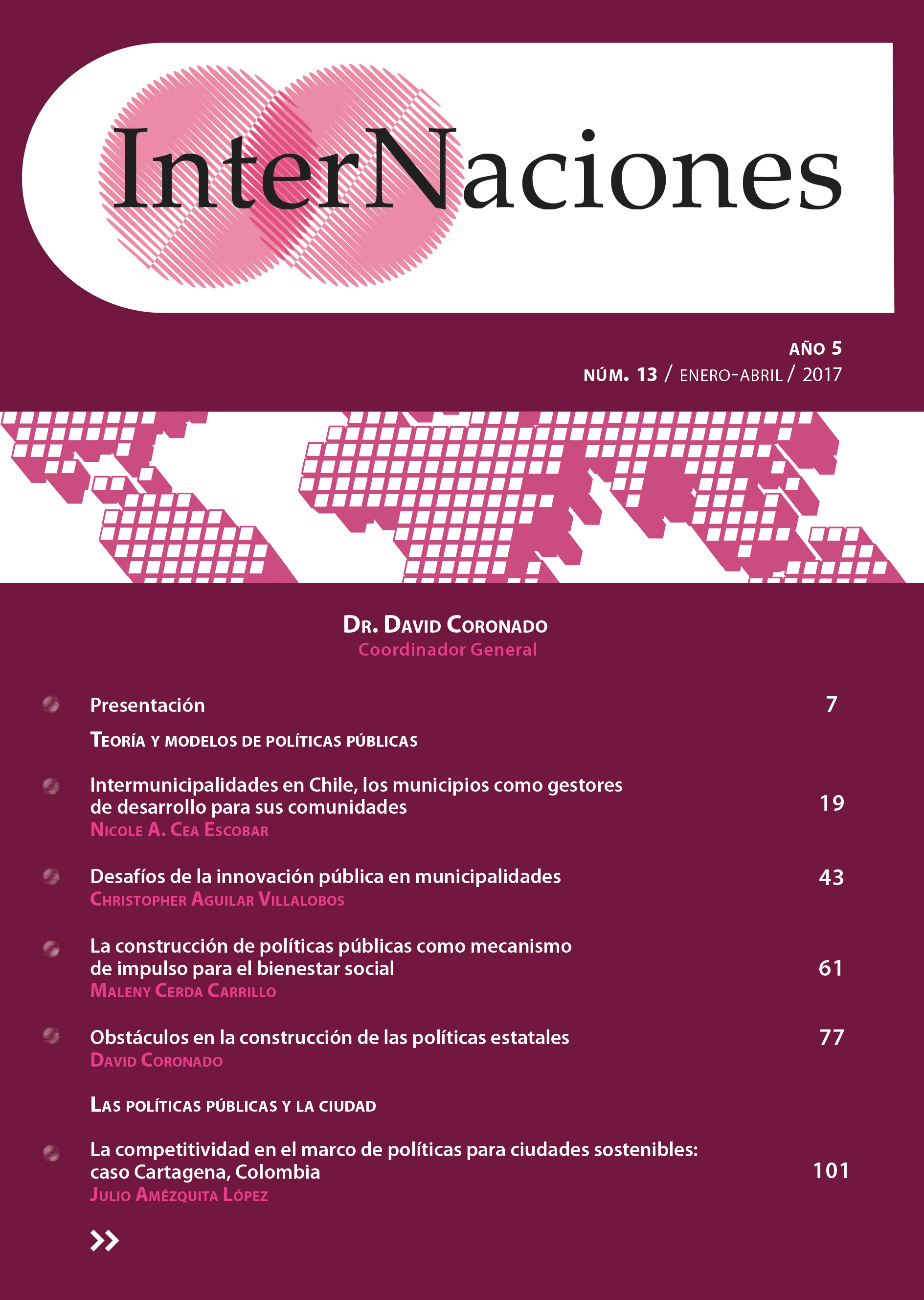Public policies for homeless people in Brazil: actions for the exercise of citizenship?
DOI:
https://doi.org/10.32870/in.v5i13.7072Keywords:
Políticas públicas, Cidadania, Pessoas em situação de rua, Pobreza, Desigualdade socialAbstract
The existence of homeless people in urban centers appears to be an old phenomenon, denoting signs of poverty and social inequality, even in countries with a high Gross Domestic Product (GDP). Being an extremely heterogeneous group, it is even difficult to define and account for them, which makes the possibilities of effective actions even more difficult. In an attempt to solve this problem, different countries have developed public policies aimed at this population. This article, therefore, aims to analyze the reality of homeless people in Brazil with regard to the State's initiatives to resolve this problem, taking as its analytical focus the national policy for the social inclusion of the homeless population. In addition to theoretical discussions, this work will base its analyzes on data from my bachelor's degree monograph in Psychology, which contributes to an analysis of actions, or omissions, of the State, in implementing public policies of interest to this population in Recife, capital of Pernambuco.Downloads
Downloads
Published
How to Cite
Issue
Section
License
Copyright (c) 2018 Universidad de Guadalajara

This work is licensed under a Creative Commons Attribution-NonCommercial-ShareAlike 4.0 International License.
CC BY-NC-SA 4.0 https://creativecommons.org/licenses/by-nc-sa/4.0/



























